Hausa is a common language in Nigeria, West Africa and indeed the world, with over 150 million speakers worldwide. It is no surprise then that the people name their children with local names. Even before the coming of Islam into Hausaland, the Hausa people have their own Hausa names. These names are usually derived from certain things such as the climate, good qualities and attributes, birth condition, the day and situation when the child was born etc.
For example, a child born when it is raining will be called ‘Anaruwa’ meaning, it is raining or if it is during the rainy season, he can be called ‘Damin’ meaning ‘Rainy season’. A child born to a brave father or one who is projected to be brave is named ‘Jarumi’ meaning courageous, while another born on a Monday could be called ‘Danliti’ after the traditional name for Monday. There are many other Hausa names like that.
List of Hausa Traditional Titles and Their Meanings
Nowadays, the Hausa people usually name their children according to Arabic and Islamic conventions. Names like Abdulahi, Aisha, Muhammad etc are common. Other variations and corrupted versions of these names such as Audu, Shatu or Mamman have also been derived. However, we won’t be focusing on those. We will be bringing you only the traditional Hausa names. Don’t forget to comment Hausa names we might have missed. Let’s go.
List of Traditional Hausa Names and Their Meanings
- Dawo, Dandawo: A male child who was born when his mother was pounding millet delicacy used in preparing Fura.
- Arzika or Arziki: A male child whose mother undergoes severe child labour before he was eventually given to birth.
- Maidawa: A male child who was born in a season when his father harvested plentiful bundles of Guinea-corn.
- Gerau, Maigero: A male child who was born in a season when his father harvested aboundant bondles of Millet stalks.
- Maiwake: A male child who was born in a season when his father harvested lot of beans.
- Shekarau: A baby who make a year in his mothers womb.
- Ruwa, Anaruwa: A child born in the middle of a rain
- Makau, Makao: A male child who was born when it was raining cat and dog in a community.
- Hankurau: A husband who was extreme patient in a community.
- Shibkau: A male who was born during sowwing season.
- Nomau: A male who was born during farming season.
- Sarki: One who has King name. A male child who bore kings name in a kingdom.
- Maifari or Maihwari: A male child who was born during drought season.
- Yarima: Prince. A male child who bore respected prince name in a kingdom.
- Nagona, Nanoma: A male child who was born at farm.
- Bako: A male child who was born after arrival of visitors in a household.
- Bara: A first male child who was born after his siblings are all females. Bara in hausa means to beg i.e they begged him out.
- Hana: A male child who was born in a family while they are mourning death of a family member.
- Bawa: A male child who was brought-up by another woman, that was not his mother.
- Tunau: Can be called “Tuni” meaning remembering birth. A male child who was born after his mother took long time before she concieve another pregnancy.
- Maikasuwa: A trader or a merchant.
- Kasu, kasuwa: A male child who was born at market or on market day.
- Tanko: A brother to female children in a family.
- Abara, Abarshi, Barau: A remaining son who was born after his successors are dying.
- Dangali: An only son in a family.
- Jika: Grandson to a person. A person who bore someones grandchild name.
- Babba: A big-brother to one or elder brother.
- Kane: Younger brother to one.
- Maikudi: A rich one or wealthy.
- Madugu: A male child who was born during travel or born in the process of travelling.
- Kaka: A person who bore someones grandparents names.
- Tawaye: Brother to a twin.
- Gambo: Brother to twins.
- Kokari: A person who was hardworking in a community.
- Dare: A male child who was born at night.
- Fari or Hwari, Jatau: A person who was fair in complexion.
- Baki, Duna: One who was black in complexion.
- Nahantsi or hantsi: A male child who was born at dawn.
- Gambo: Brother or sister to twins.
- Agada: Brother or sister of twins.
- Dada: A son who was born of relative couples.
- Kulau: A most loved male child in a family.
- Nagoma: A tenth male child in a family.
- Bakwai: A seventh male child in a family.
- Auta: Last born in a family.
- Jigo: Leader. An only son born in the mist of sisters, so he is their leader.
- Karami: Thin man or younger one.
- Guntau: Short man.
- Jariri: One who was extreme thin at time of birth.
- Ango: A male child who was born during marriage ceremony in a household or family.
- Korau: One who was born after all people have dispersed after waiting for his birth
- Ɗari, ‘Dari: One who was born during excess cold.
- Kadaɗe, Kadad’e: A male child who was born after his parents have been baren for years before he was eventually born.
- Babangida: This name is given to a child who bears same name with grandfather in a family and because in-laws are shy to directly call the child by his normal name, they nickname him “Babangida”, master of the household.
- Mailafiya or Mailahiya: A person who was calm and easygoing with people in a community.
- Hausa Female Native Names:
- Shekara: A female child who make a year in her mothers womb before she was given to birth.
- Danliti/ Altine/ Tani/ Tanimu: One born on a Monday
- Tanimu: Someone born on a Monday
- Dantala: One born on a Tuesday
- Talle: One born on a tuesday
- Balarabe: One born on a Wednesday
- Danjuma/ Jibo/ Juma/ Jumare: One born on a Friday
- Danladi: One born on a Sunday
- Danlami: One born on a Thursday
- Damisa: One who is courageous
- Zaki: One who is extremely courageous like a lion
- Mairago: One who owns a ram
- Dankani: A younger brother
- Maitama: One born with marks on his skin
- Maikada: One born near crocodiles
- Mairuwa: One born near water
- Maiturare: One born with the scent of perfume
- Mantau: One who easily fogets
- Barau: “May he be spared”
- Abarshi: “Leave him to us”
- Bara’u” “May he be spared”
- Barmo: “Spare him’
- Sadau: Someone whose wife returned after a divorce
- Tuni: Someone whose mother gave birth to him after a very long time
- Gagare/ Gagarau: Someone whose parents trie to abort him to no avail, or someone who is very stuborn
- Tagwai: One of two twins
- Koko: One born after twins
- Dangana: “Lean/depend on God”
- Gajere: Someone of short stature
- Jatau: Someone who is light skinned
- Bature: Someone who is light skinned
- Ladan: Born at the time of call to prayer
- Sha wuya: One born during trouble
- Mijinyawa: One born to a large family
- Maiwada: One born in time of abundance
- Ciwake: One born when people were eating beans
- Hantsi: One born in ‘hantsi’, late mornings
- Harande; One born just 3 days after sighting a new moon
- Bala/ Labaran: Someone born on a Wednesday
- Gadanga: Someone courageous
- Shehu: A shcolar
- Magaji: Heir
- Garba; Corrupted version of Abubakar
- Audi/ Audu: Corrupted version of Abdullahi
Female Hausa Names and Their Meanings
- Daɗe, Dad’e: A female child who was born after her parents has been baren for years.
- Gimbiya: Princess. A girl who bore princess name in a kingdom.
- Sarauniya: Queen: A girl who bore queens name in a kingdom.
- Kyawo: Name given to a girl who was so beautiful in a community. A girl or woman who was object of discussion during her youth days.
- Mata: Wife. A female that bore someones wife name.
- Tanoma: A female that was born during farming season.
- Uwani: My mother. A female child that bore someones mothers name.
- Kadada: A daughter born of related couples.
- Fara or Hwara: A female who was fair in complexion.
- Abarta: A female child that was born after her siblings had all died.
- Gwamma: A female born that was born after her second to third siblings are female children in a family. It meant better one than never.
- Hakuri: A wife who was extreme patient with people in a community.
- Kyauta: Gift, only son or daughter that remains after their siblings are dying.
- Rabo, Raboci: Share, only son or daughter that a mother born.
- Tsakani: A middle birth in a family.
- Araga: A remaining daughter in a househod after her siblings are passing away.
- Yada: A female that was born after passing away of siblings but with a tradition. Similar with bizos.
- Tadaka: A female that was born during pounding.
- Tanoma: A female that was born during farming.
- Yatsohi: A daughter born to old parents.
- Delu, Dela, Kando: First daughter born in a family of three to four male children. A sister to three to four male siblings.
- Hana: A female child that was born when her family were mourning death of a family member.
- Samu: A female child who was born after her parents has long been waiting for childbirth.
- Bakuwa: Guest. A female child that was born after arrival of visitors in a family. They beliefs is that she come along with the visitors.
- Kuluwa: A daughter who was most loved in a family and many others.
- Kyallu: One who is extremely beautiful
- Asabe/ Ta-asibi: Female born on a Saturday
- Ladidi/ Ladi: Someone born on Sunday
- Talatu/ Talatuwa/ Talla/ Lantana/ Lanti/ Tala: Someone born on a Tuesday:
- Laraba/ Larba: Someone born on a Wednesday
- Jummai/ Jummalo: Someone born on a Friday
- Ta-sallah: Someone born during the festive sallah period
- Ta-azumi/ Azumi: Someone born during Ramadan fasting
- Kande/ Kandala: Girl born after two or more males
- Barmani: ‘Let her be spared’, someone born after all siblings have died
- Tune: Someone who was born after a long period of childlessnes
- Sharubutu: Someone who was born after the mother drank lots of Qur’anic inscriptions
- Tambai: : Someone who was born after the mother drank lots of Qur’anic inscriptions
- Duduwa: Girl born after two or more male siblings
- Gwamma: Girl born after two or more male siblings
- Bakutu/ Gajejra: Someone who is short and fat
- Turai: A light skinned girl
- Goshi: Someone with large forehead
- Yalwa: One born during time of abundance/ wealth
- Baturiya: One born during abundance
- Marka: One born when it was raining
- Adama: One born on a Monday
- Lami/ Lamunde/ : Someone born on a Thursday
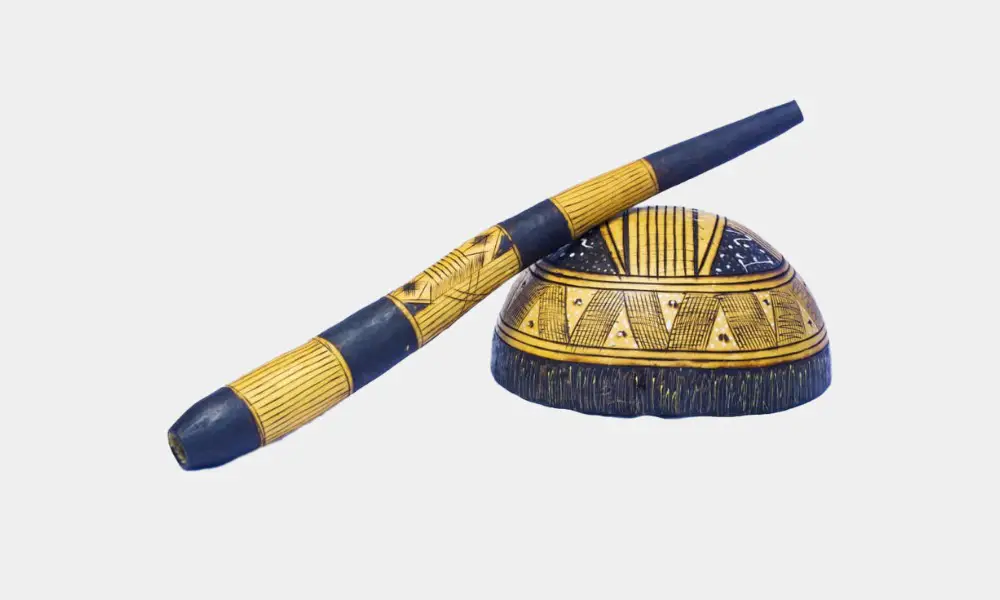

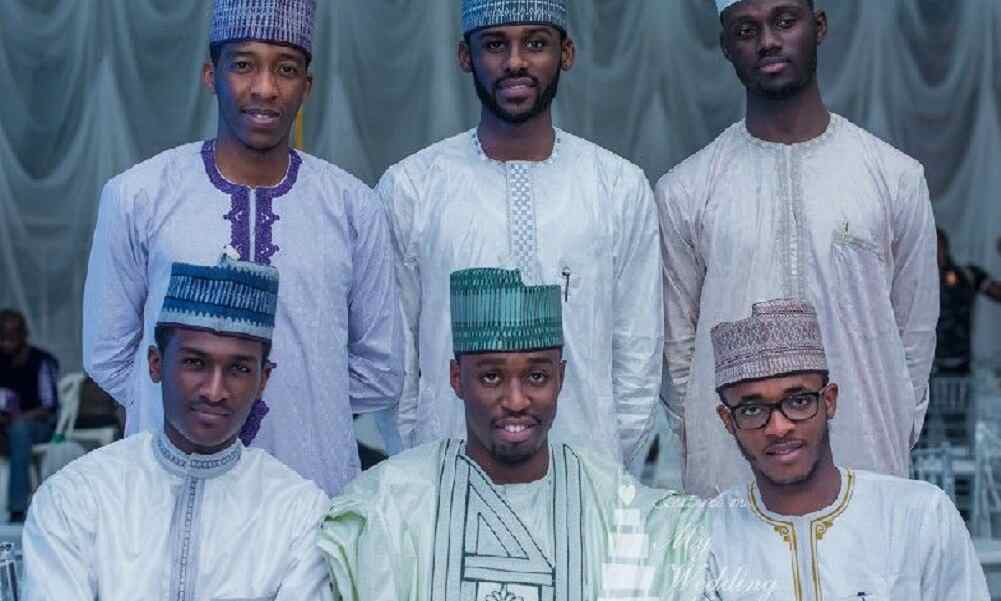
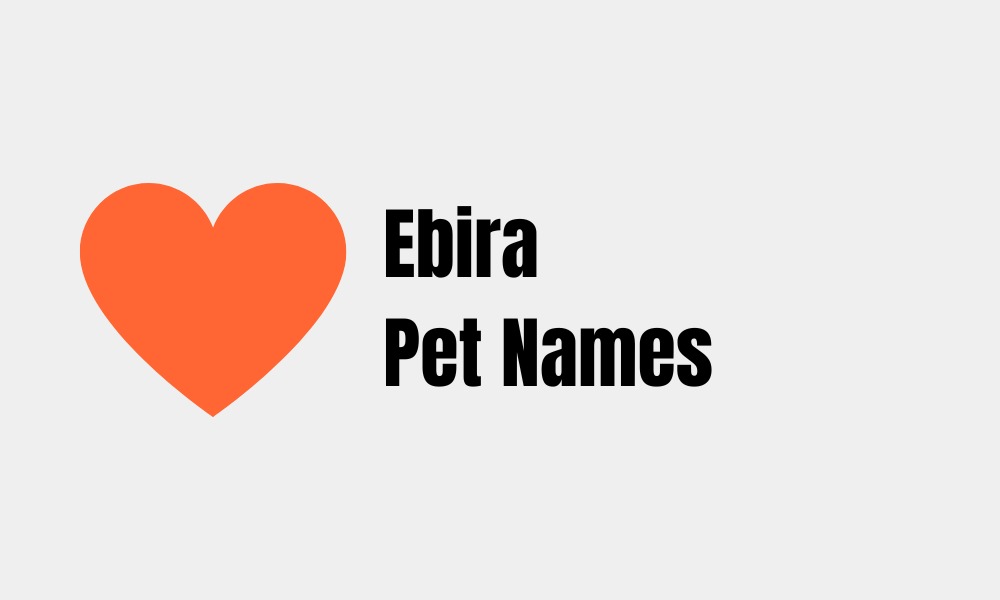
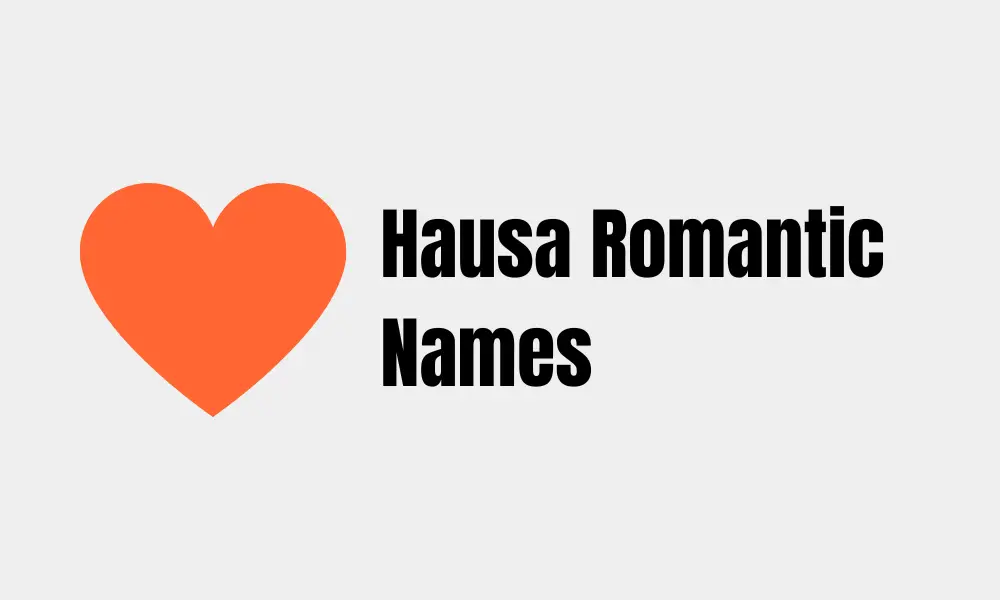
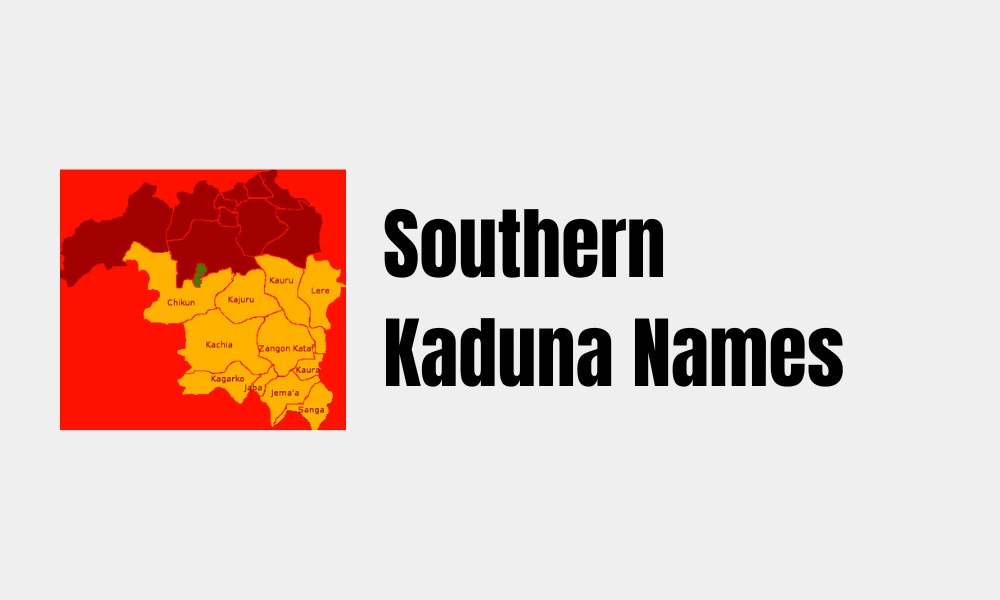




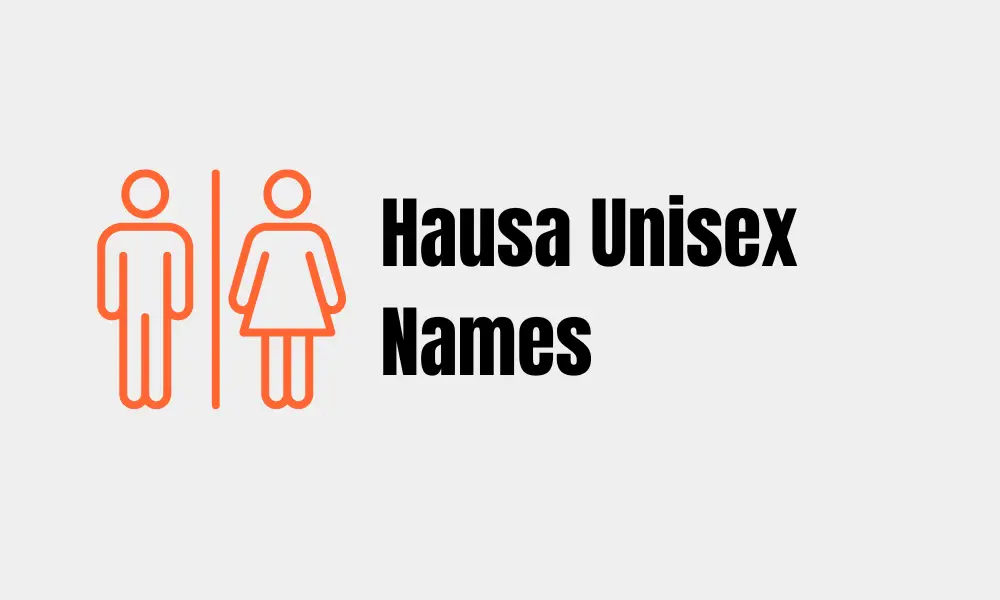

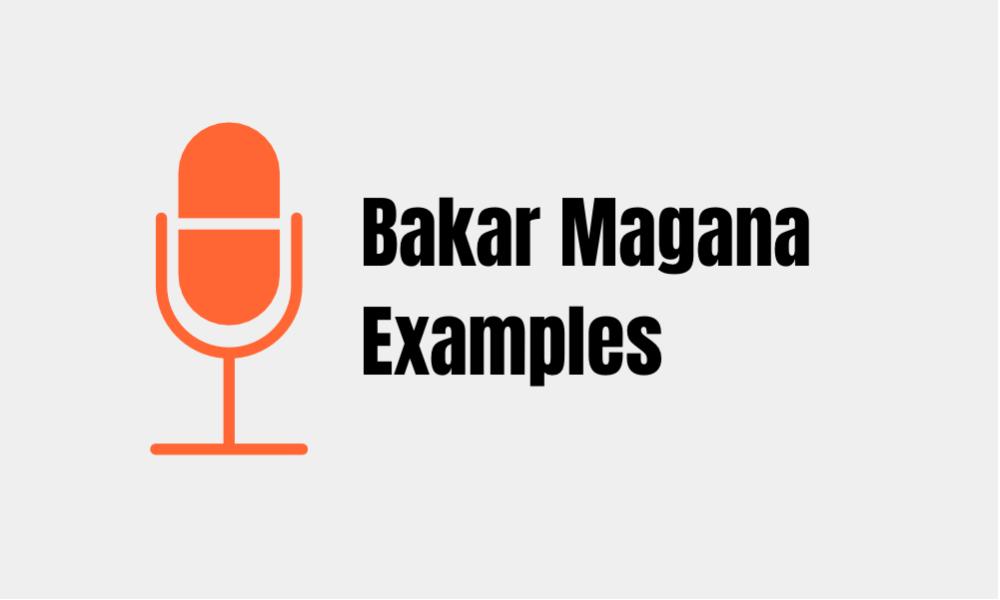
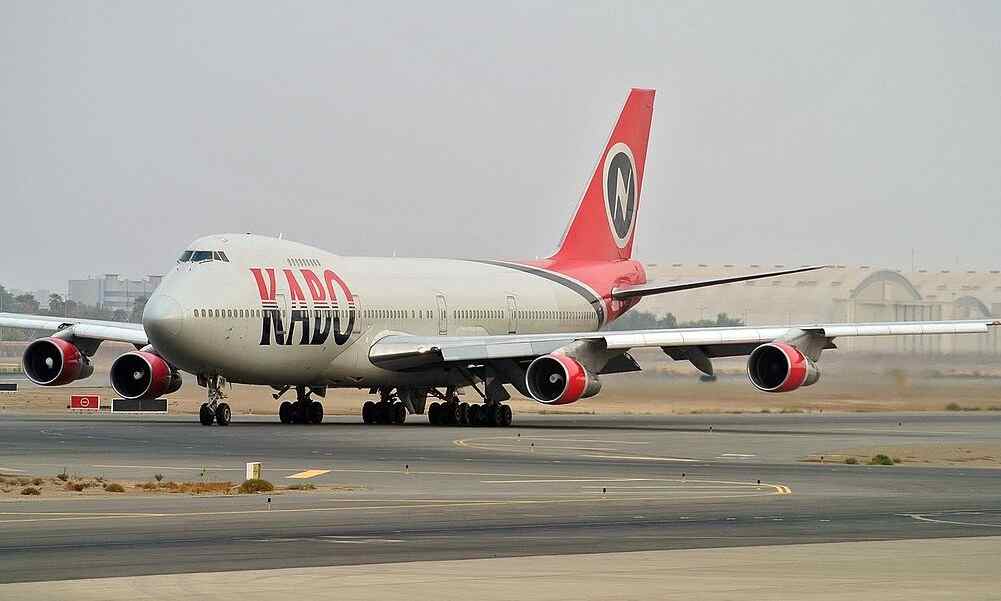
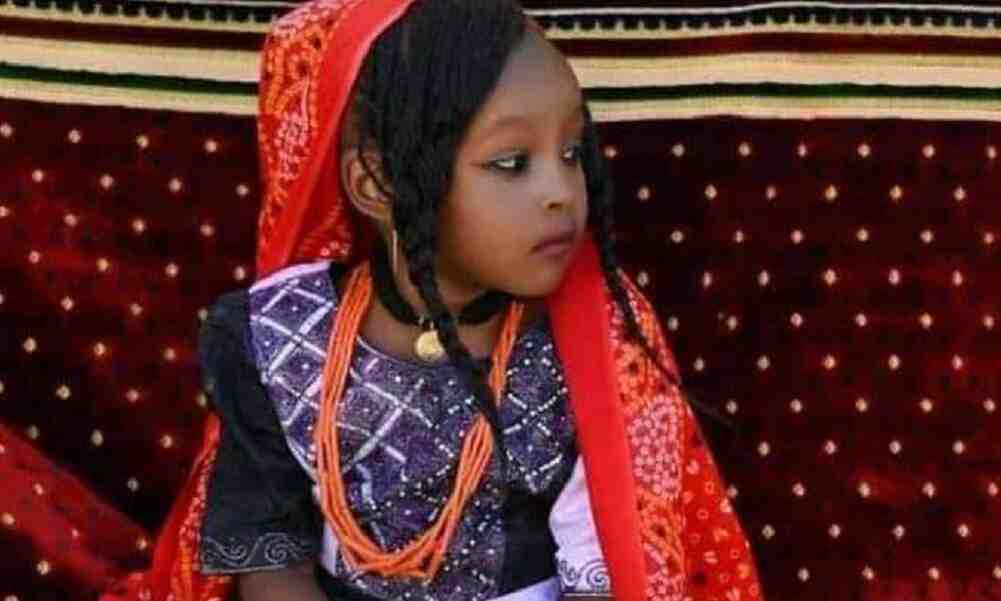
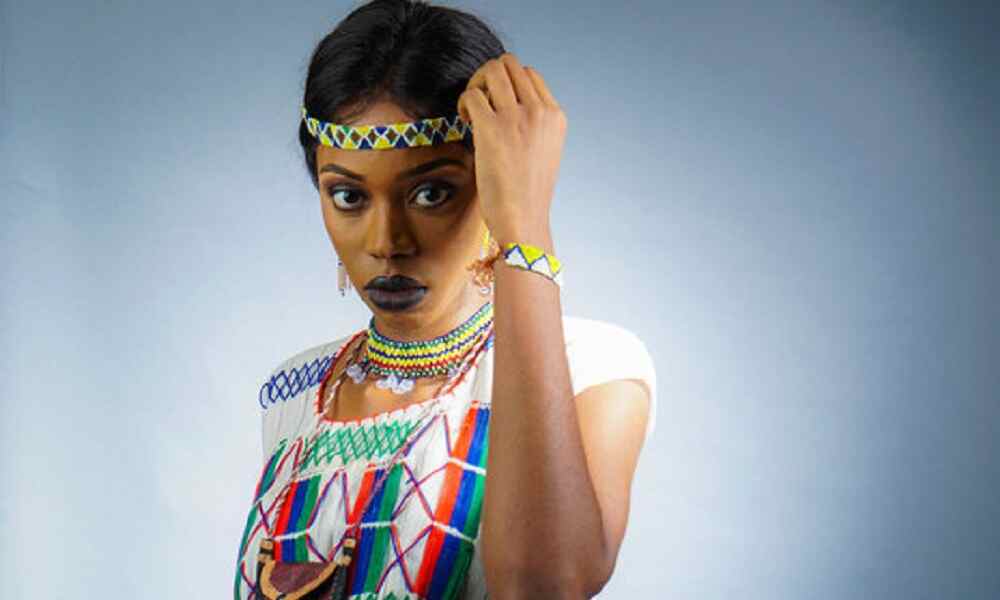
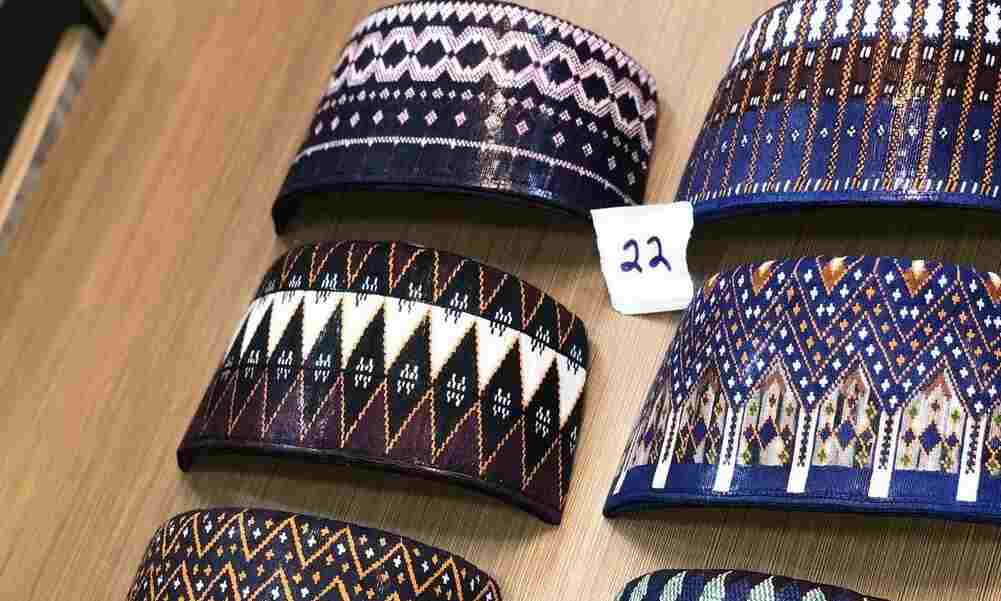
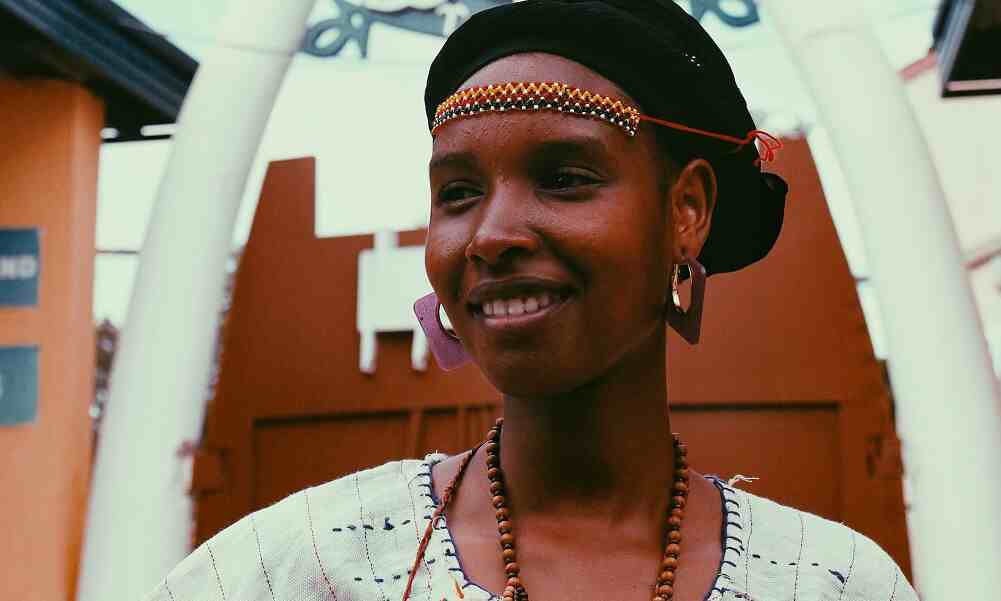
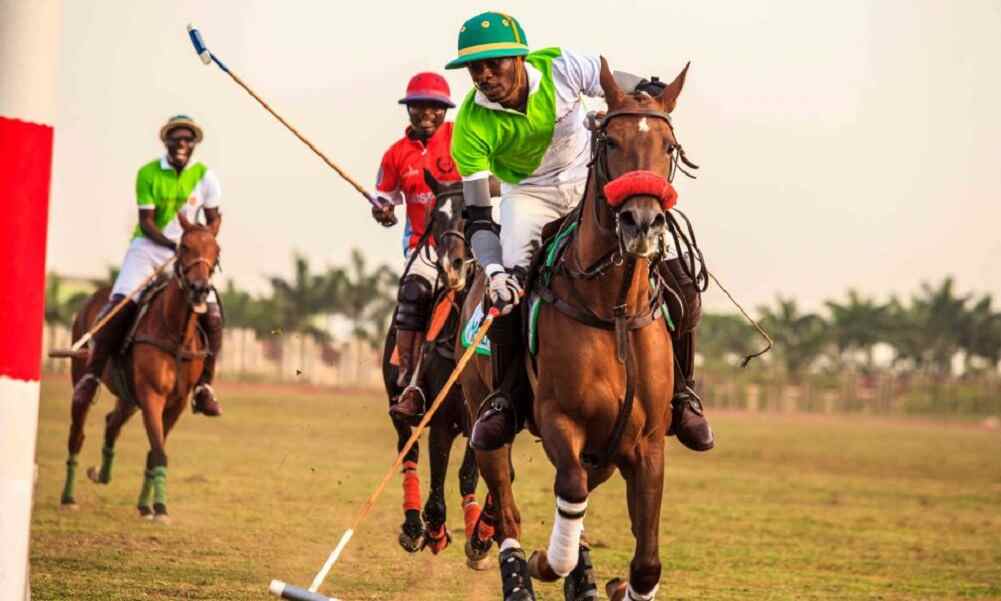
Nice stuff very educational
Thanks